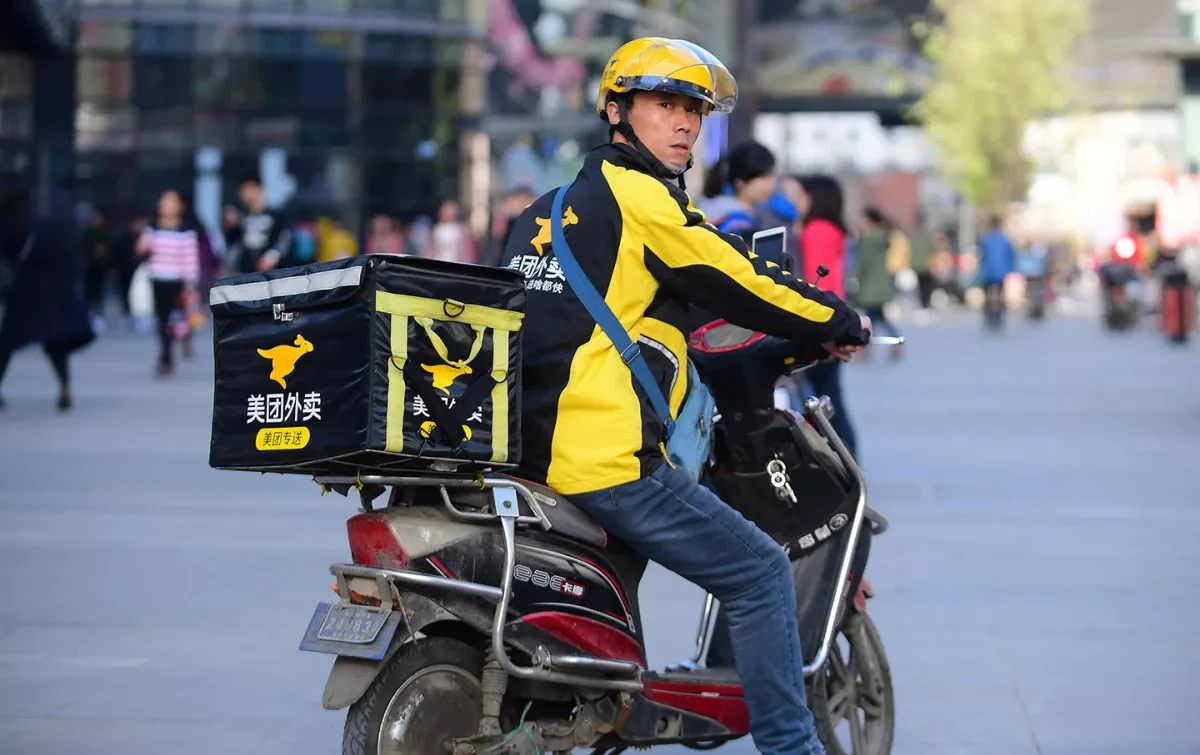According to a fresh article, The Economist features that with millions of factory jobs at risk from soaring US tariffs, China is turning to an unlikely saviour: the army of food couriers, ride-hailers, and freelance workers zipping through city streets.
Once viewed as a chaotic fringe of the labour market, the gig economy is now being embraced by Beijing as a critical safety net in a time of economic uncertainty.
Goldman Sachs estimates that 16 million Chinese workers are tied to exports headed to America. Nomura warns that up to 5.7 million jobs could vanish soon, with long-term losses reaching 15.8 million if the crisis deepens.
In response, China’s leaders are scrambling to soften the blow. At an April 25th Politburo meeting, officials vowed to increase unemployment insurance rebates for affected firms. But another solution has emerged: the booming gig economy. Once viewed with suspicion, it is now becoming a vital pillar of state policy.
With 84 million people in “new forms of employment” such as food delivery and ride-hailing—and 200 million flexible workers overall—the gig sector dwarfs the 54 million urban jobs in state-owned enterprises. Meituan alone employs 7.5 million couriers, who earned $11 billion last year. One of them, Mr Wan, works 15-hour days and says, “Every penny matters right now.”
Even amid economic turbulence, platforms like Meituan and JD.com are growing. Meituan’s workforce has expanded by 41 per cent since 2021. JD.com, entering the delivery space, announced it will hire 100,000 riders by July. The government is now pushing companies to offer benefits, including pensions and medical insurance. Meituan will “gradually provide” social security by mid-2025.
Still, not everyone is convinced. In Quanzhou, 30-year-old courier Mr Lai declined a pension subsidy. “When we’re old, the workforce will be even smaller,” he says. “The pension contributions they pay will not be able to support my generation.”
While China dreams of high-tech manufacturing, it is a low-tech army of couriers keeping the economy moving—for now.
By Naila Huseynova
Source: caliber.az












